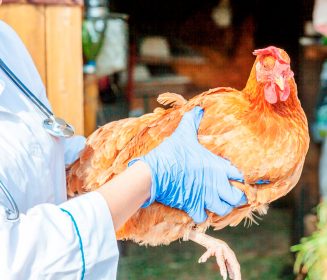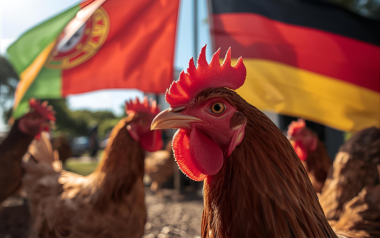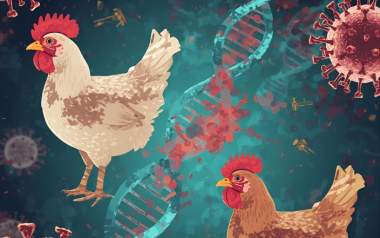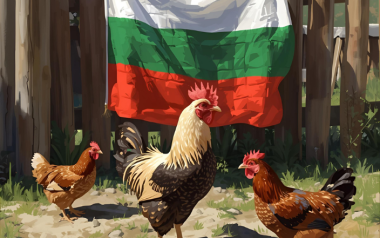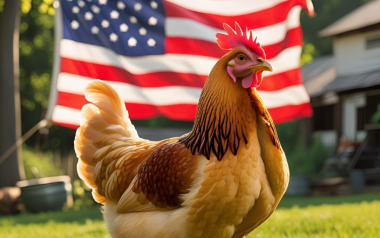Sources: Available upon request
05 Feb 2025
India faces Guillain-Barré outbreak
India is currently grappling with an alarming outbreak of Guillain-Barré Syndrome (GBS), a rare neurological disorder that can lead to sudden and severe paralysis. This outbreak has raised significant concerns among health officials and the general public.
India is currently grappling with an alarming outbreak of Guillain-Barré Syndrome (GBS), a rare neurological disorder that can lead to sudden and severe paralysis. This outbreak has raised significant concerns among health officials and the general public.
What is Guillain-Barré Syndrome?
Guillain-Barré Syndrome is an autoimmune disorder where the body’s immune system mistakenly attacks the peripheral nerves. This can result in muscle weakness, numbness, and in severe cases, complete paralysis. The exact cause of GBS is unknown, but it is often preceded by an infection, such as a respiratory or gastrointestinal illness.
The Chicken connection
The idea that eating chicken could trigger GBS gained traction due to a few isolated cases reported in the past. However, it is essential to recognize that correlation does not imply causation. Just because someone who consumed chicken developed GBS does not mean that chicken consumption directly caused the syndrome.
The outbreak in India
The recent surge in GBS cases in India has been linked to a spike in infections, particularly those caused by the Zika virus and other viral illnesses. Health authorities have reported a significant increase in the number of patients presenting with symptoms of GBS, leading to a strain on medical resources. In Maharashtra alone, there have been 163 suspected cases and five fatalities.
Symptoms and diagnosis
The symptoms of GBS typically start with tingling and weakness in the legs, which can quickly spread to the upper body and arms. In severe cases, patients may experience difficulty breathing, requiring mechanical ventilation. Diagnosis is usually based on clinical examination, nerve conduction studies, and cerebrospinal fluid analysis.
Treatment and prognosis
There is no cure for GBS, but treatments such as intravenous immunoglobulin (IVIG) and plasmapheresis can help reduce the severity and duration of symptoms. Most patients recover fully, but the recovery process can be slow and may take several months to years. Early diagnosis and treatment are crucial for improving outcomes.
Public health response
In response to the outbreak, Indian health authorities have launched awareness campaigns to educate the public about the symptoms of GBS and the importance of seeking medical attention promptly. Hospitals are being equipped with the necessary resources to manage the influx of GBS patients, and research is being conducted to better understand the link between viral infections and GBS.
Conclusion
The outbreak of Guillain-Barré Syndrome in India highlights the need for increased vigilance and preparedness in managing rare neurological disorders. Public health measures, such as proper cooking of poultry and hygiene practices, remain essential in preventing foodborne illnesses. While the situation is concerning, prompt medical intervention and public awareness can help mitigate the impact of this debilitating condition.








